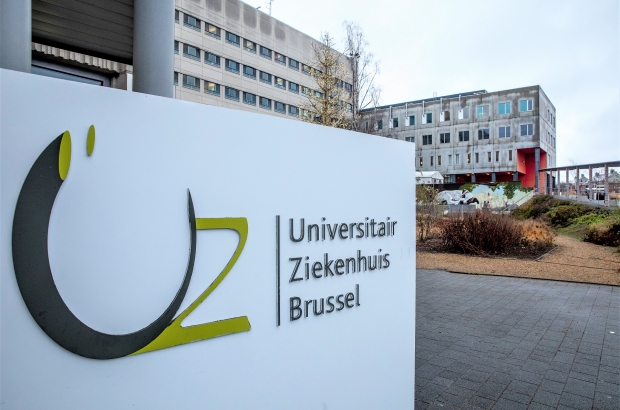- Daily & Weekly newsletters
- Buy & download The Bulletin
- Comment on our articles
Brussels hospital turns away heavily pregnant asylum seeker unable to pay €2,000 up-front
A heavily pregnant refugee was turned away from a Brussels emergency ward when she attempted to go there to give birth after being asked to pay an advance of €2,000 due to not having health insurance.
This is not protocol, and the staff member involved is said to have been reprimanded, De Standaard reports.
“Every scenario flashed through my mind,” the woman recalled. “I would give birth on the street, or in the car I had come with. Maybe my baby was going to die. Everything hurt so much. Every disaster scenario I went over.”
UZ Jette stressed that this was a "very exceptional" case.
“In principle, we provide care to everyone who applies, regardless of their [immigration or financial] status,” a spokesperson said. “We take this very seriously. The staff member involved was therefore penalised.”
The 23-year-old refugee’s waters had already broken and she was in labour when she arrived at the UZ Brussel hospital in Jette. She had come to Belgium with her husband seeking asylum in order to prevent her two-year-old daughter from becoming a victim of genital mutilation in her home country of Mauritania.
Her baby, a boy, was eventually born at Brugmann Hospital in Laeken, where the woman said staff “were very friendly”.
The woman has also experienced homelessness, having to sleep on the street with her husband and toddler while pregnant last October due to the refugee crisis overwhelming the Belgian asylum system.
She and approximately 2,700 asylum seekers are on a waiting list and in the meantime, are denied medical care in addition to proper reception. This results in refugees lining up in the emergency rooms of nearby Brussels hospitals.
Médecins sans Frontières set up a medical centre at the reception centre for asylum seekers in Brussels. "That way we can ease the influx in the hospitals a bit," David Vogel, coordinator of the centre, told De Standaard.
But for the pregnant refugee who gave birth at Brugmann, she said that after the birth none of the midwives were interested in working with Fedasil, Belgium’s immigration authority, saying the agency is too slow to reimburse costs.
A Fedasil spokesperson said: "If we are contacted about an overdue payment, of course we try to sort it out as soon as possible. We have also recruited extra staff for that."
The spokesperson added that the “slight increase” in the number of asylum seekers turning up in emergency rooms is falling again. Brugmann Hospital did not wish to comment.
While the woman gave birth some time ago, it was only after a letter from the family's Belgian host family to the UZ Brussel's ombudswoman that apologies were given.
The hospital also arranged an appointment with a paediatrician in Verviers, closer to where the family is currently staying in a temporary asylum centre created to cope with the skyrocketing number of migrants flocking to the Belgian capital.
"Now we are waiting for a second interview at the Immigration Department," the woman said, adding that she of course hopes for a positive ruling on her right to remain in Belgium.
On the issue of female genital mutilation, which had caused her to flee Mauritania, she said: "I don't want that for my little daughter. I myself have not been, because my father wanted it that way. But my father died and now my mother is in charge. She and my mother-in-law do support the practice."
Her husband said that one of the reasons they chose Belgium is because genital mutilation is banned.
"The complications of such a procedure are terrible: some girls bleed to death," he said. "Here, there are human rights. But that night in hospital made me question that for a while."


















